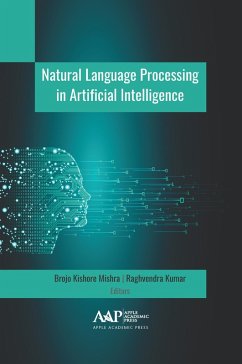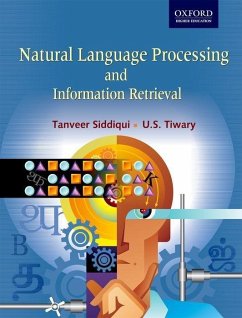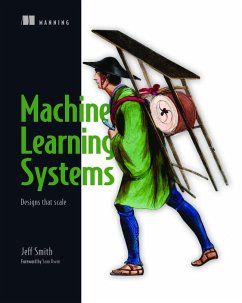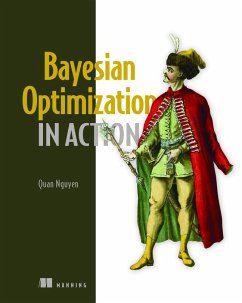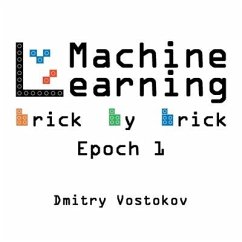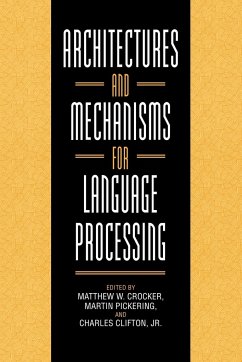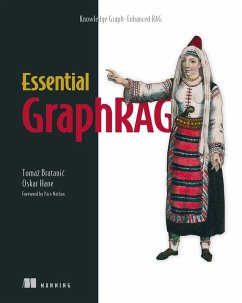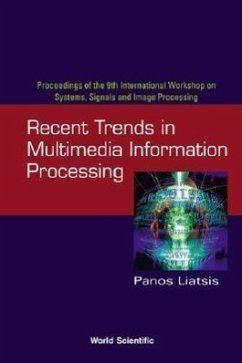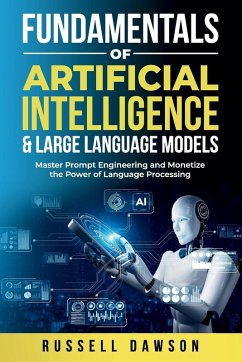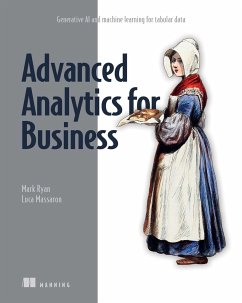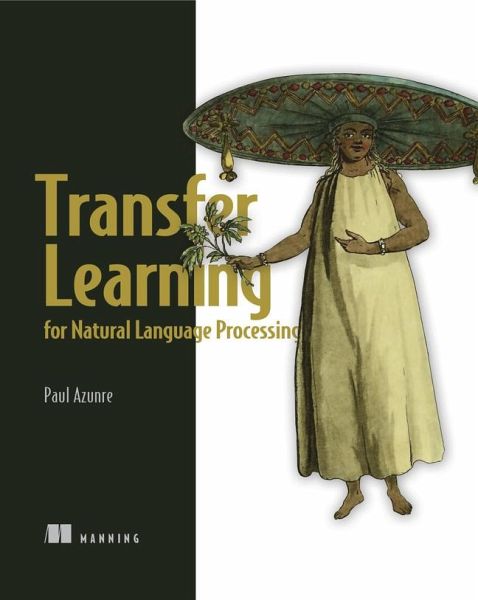
Transfer Learning for Natural Language Processing

PAYBACK Punkte
23 °P sammeln!
Building and training deep learning models from scratch is costly, time-consuming, and requires massive amounts of data. To address this concern, cutting-edge transfer learning techniques enable you to start with pretrained models you can tweak to meet your exact needs. In Transfer Learning for Natural Language Processing, DARPA researcher Paul Azunre takes you hands-on with customizing these open source resources for your own NLP architectures. You’ll learn how to use transfer learning to deliver state-of-the-art results even when working with limited label data, all while saving on traini...
Building and training deep learning models from scratch is costly, time-consuming, and requires massive amounts of data. To address this concern, cutting-edge transfer learning techniques enable you to start with pretrained models you can tweak to meet your exact needs. In Transfer Learning for Natural Language Processing, DARPA researcher Paul Azunre takes you hands-on with customizing these open source resources for your own NLP architectures. You’ll learn how to use transfer learning to deliver state-of-the-art results even when working with limited label data, all while saving on training time and computational costs. about the technologyTransfer learning enables machine learning models to be initialized with existing prior knowledge. Initially pioneered in computer vision, transfer learning techniques have been revolutionising Natural Language Processing with big reductions in the training time and computation power needed for a model to start delivering results. Emerging pretrained language models such as ELMo and BERT have opened up new possibilities for NLP developers working in machine translation, semantic analysis, business analytics, and natural language generation. about the bookTransfer Learning for Natural Language Processing is a practical primer to transfer learning techniques capable of delivering huge improvements to your NLP models. Written by DARPA researcher Paul Azunre, this practical book gets you up to speed with the relevant ML concepts before diving into the cutting-edge advances that are defining the future of NLP. You’ll learn how to adapt existing state-of-the art models into real-world applications, including building a spam email classifier, a movie review sentiment analyzer, an automated fact checker, a question-answering system and a translation system for low-resource languages. what's inside * Fine tuning pretrained models with new domain data * Picking the right model to reduce resource usage * Transfer learning for neural network architectures * Foundations for exploring NLP academic literature about the readerFor machine learning engineers and data scientists with some experience in NLP. about the authorPaul Azunre holds a PhD in Computer Science from MIT and has served as a Principal Investigator on several DARPA research programs. He founded Algorine Inc., a Research Lab dedicated to advancing AI/ML and identifying scenarios where they can have a significant social impact. Paul also co-founded Ghana NLP, an open source initiative focused using NLP and Transfer Learning with Ghanaian and other low-resource languages. He frequently contributes to major peer-reviewed international research journals and serves as a program committee member at top conferences in the field.




